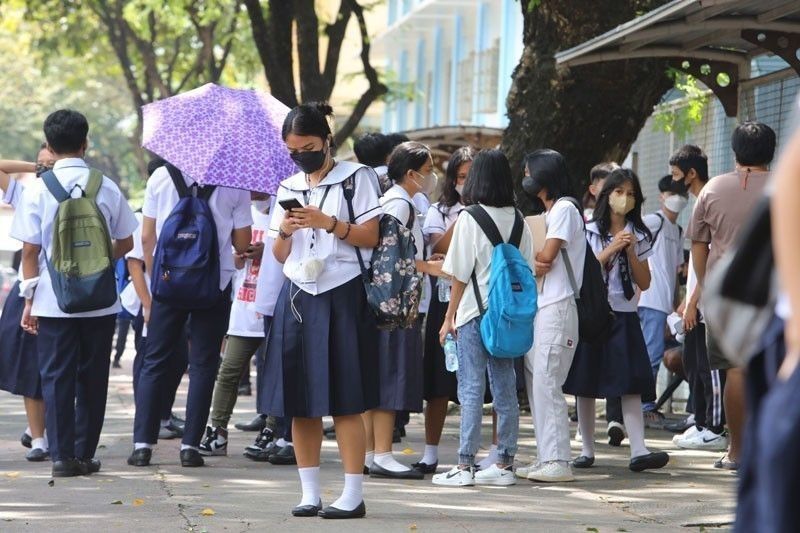Protect school children from cybercrime, parents urged

MANILA, Philippines — As classes open this month, global cybersecurity firm Kaspersky reminded Filipino parents to be wary of online dangers that their school-age, internet-using children could be highly vulnerable to, especially as much learning is taking place nowadays in cyberspace.
Lance Spitzner, an acknowledged authority on security and honeypot research which involves running after the world’s cyberhackers, said the world’s parents have to do their duty of watching over three major threats to children growing up in today’s connected world – strangers, friends and self.
Sexual predators, so-called sextortionists and fraudsters, are among the strangers that are around in cyberspace, Spitzner said.
Their children’s friends may include cyberbullies, pranksters, sextortionists and bad examples, he added.
Parents should also watch themselves as they could be committing the sins of oversharing, engaging in sexting, bullying and downloading or sharing illegal content.
Kaspersky cited the findings of the Disrupting Harm study 2022 conducted by the United Nations International Children’s Emergency Fund, End Child Prostitution and Trafficking International and the Interpol that there are 20 percent, or an estimated two million Filipino children aged 12-17, who were subjected to online sexual abuse and exploitation.
A Kaspersky report in 2023 also revealed that Gen Z or those between the ages of 11 and 26 are oversharers, believing they are knowledgeable on online security but are the most susceptible to scams.
About 55 percent of those surveyed admitted to having included their personal information on social media channels such as name, date of birth and location.
Majority or 72 percent of them were unable to identify phishing scams and 26 percent confessed to having been victimized by a phishing scam.
Kaspersky said that parents should have regular talks with their children regarding the safe use of the Internet and related technologies.
Parents should also take on the job of educating themselves about cybersecurity and safe use of the Internet.
Kaspersky said that parents should also make use of the cybersecurity tools available.
“Parents can never hover over their children 24/7 to monitor their activities online. A smart move is to use a reliable parental control software to establish the framework for what’s acceptable – how much time (and when) they can spend online, what content should be blocked, or what types of activity should be blocked (chat rooms, forums and so on). Parental control filters can be configured for different computer profiles, allowing you to customize the filters for different children,” Kaspersky said.
- Latest
- Trending






























